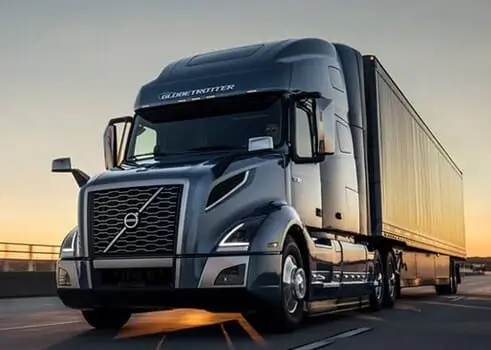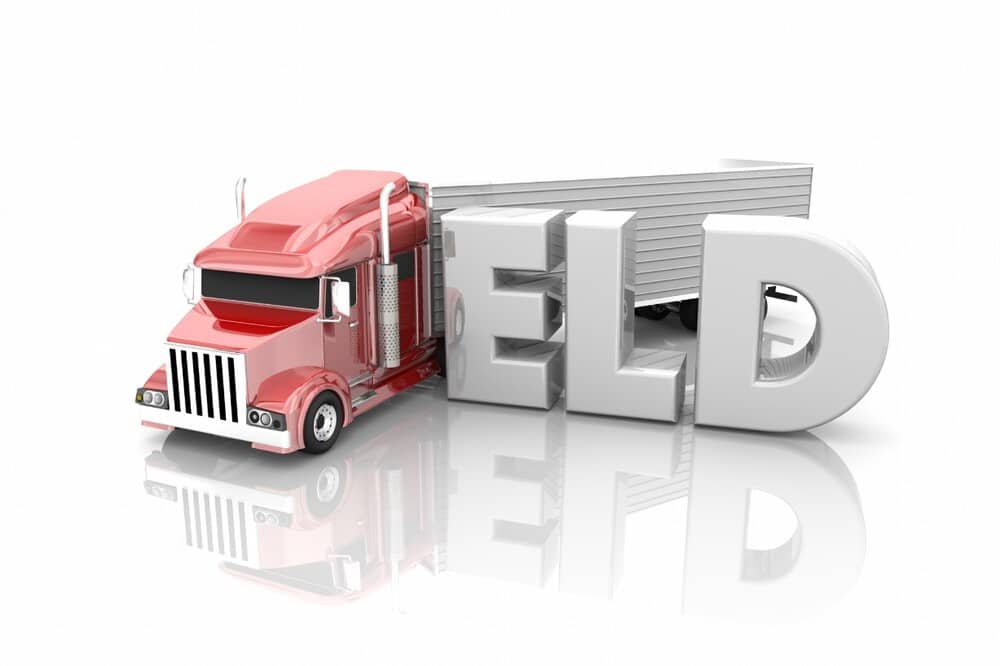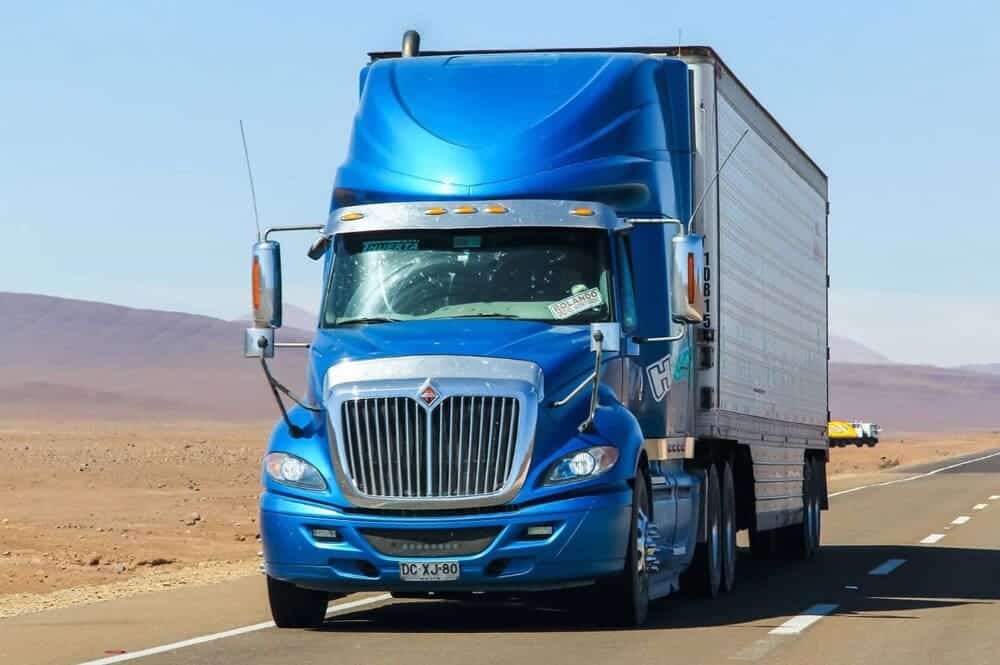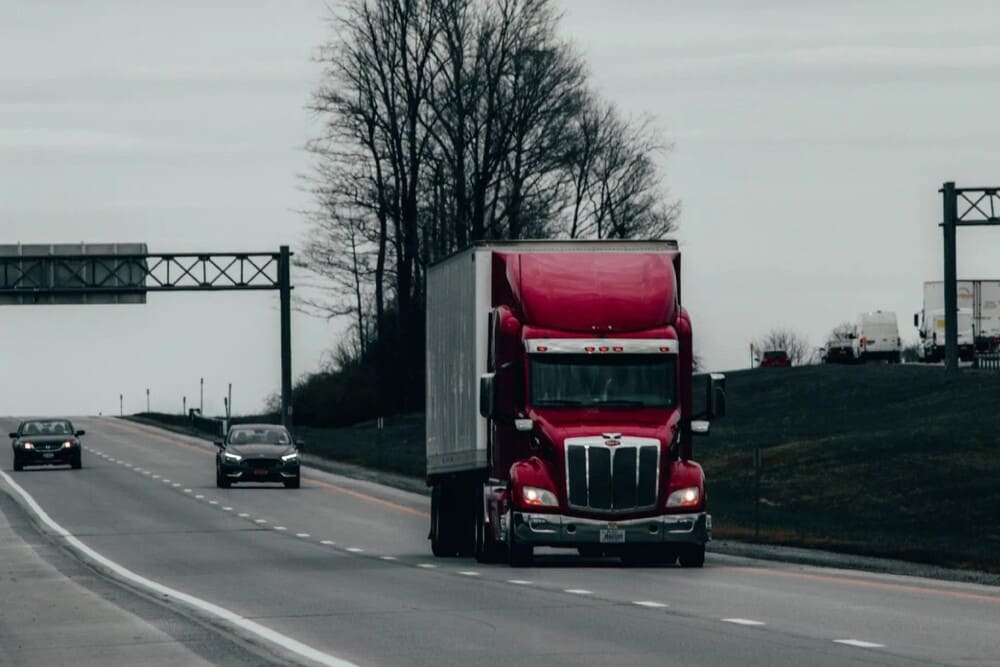
June 10, 2022

2453 Views

4 min read

October 11, 2023

2349 Views

6 min read
The freight industry has seen notable advancements with technological progress. The ELD is one such innovation that has transformed the industry. Businesses with a fleet of trucks or vehicles are often required to equip each one with an ELD. These devices aim to increase the safety of professional truckers. If you own a fleet of vehicles, it’s essential to understand thoroughly what ELDs are, who needs them, and how they function.
ELD stands for Electronic Logging Device, and commercial motor vehicle operators use it to automatically track hours of service (HOS) and driving time. It connects directly to the vehicle’s engine to automatically record data like driving activity, location, miles driven, ignition status, and engine hours. It helps dispatchers and drivers monitor a driver’s status in real time, ensuring no violations of HOS requirements by providing information on available driving hours. The data is sent to a server, creating and updating duty status logs, which are sent to an ELD mobile app for real-time visibility.
Compliance managers use this automatically recorded data to check HOS statuses and ensure route compliance. Truckers can access and display this data anytime during Department of Transportation inspections. The ELD can transmit data in various ways, commonly through Bluetooth, cellular service, or a built-in WiFi hotspot, facilitating information exchange between the mobile app and the device.

The Electronic Logging Device (ELD) Mandate applies to all commercial vehicle drivers required to keep records of duty status (RODS), including commercial buses, trucks, and Canadian and Mexican drivers. However, the FMCSA offers exemptions for drivers who:
ELD compliance offers significant benefits to both drivers and fleet managers. Drivers find it easier to manage their schedules and ensure they operate within legal limits as ELDs make the HOS tracking process more straightforward. They provide clear insights into available driving hours, enforce mandatory rest periods, and flag potential violations, helping to prevent accidental breaches of allowed driving time. This clarity and ease increase drivers’ efficiency and adherence to legal guidelines.
ELD compliance enhances operational efficiency for fleet managers and trucking companies by automating and streamlining record-keeping processes. This automation minimizes administrative tasks, strikes out extensive paperwork, and offers precise, reliable data for reporting and compliance, ensuring more accurate and effortless monitoring. The real-time tracking capabilities of ELDs enable fleet managers to identify and address potential issues or violations promptly.

Electronic logging devices must meet three key requirements set by the FMCSA:
There are two types of ELD solutions: a comprehensive package with a preloaded app and device or a Bring Your Device (BYOD) option, allowing carriers to use compatible existing hardware. Smartphones or tablets may be used if they meet all FMCSA requirements.
ELD features include:
Here are the frequently asked questions about electronic logging devices.
The automated electronic logging device logs the data listed below to monitor driving limits and the driver’s duty status efficiently:
The FMCSA does not guarantee the compliance of registered devices. ELD manufacturers and suppliers certify and register their products. Although the FMCSA lists these self-certified and registered ELDs on their website, being on the list doesn’t ensure full compliance. Buyers should verify ELD providers’ quality, reliability, and security.
The key difference between ELDs and AOBRDs is that ELDs provide more accurate and comprehensive data tracking. They can identify and log a driver’s duty status changes, login activities, location information, and specific vehicle data such as engine power status and system malfunctions. Moreover, ELDs offer enhanced edit history capabilities, ensuring higher accuracy and adherence to HOS compliance. They display log edit history, making it easier for DOT inspectors to review, unlike AOBRDs. This feature is crucial for managing unassigned driving time.
An electronic logging device can range in price from hundreds to thousands of dollars. Costs include the device hardware, professional installation, and a monthly software fee. While most ELDs have similar features, the level of support varies. Choose an ELD provider that best fits the fleet carrier’s needs.

ELDs are crucial for the safety and efficiency of your fleet, helping to comply with the ELD Mandate and HOS rules designed to combat driver fatigue and its related risks. Ensuring your fleet follows these standards enhances driver safety and increases overall productivity.
Fatigued driving threatens your fleet and all road users, potentially resulting in accidents, fatalities, and significant financial loss from repair and insurance costs. Using an ELD to monitor driver activity and rest periods helps avoid these issues, ensuring drivers are alert and efficient, thus enhancing fleet performance.
Beyond combatting fatigue, ELDs help maintain vehicle condition by providing clear usage guidelines, saving drivers time from manual log entries. Additionally, ELDs monitor and help correct dangerous driving habits like speeding or harsh braking.
Fleet Care strikes the perfect match, helping you find the right ELD solution for your trucking needs. Our support team will assist you in choosing an ELD that fits your requirements. Pairing Logity Dispatch with the right ELD boosts productivity and ensures compliance for your trucking business.
ELDs, or Electronic Logging Devices, are relatively new in trucking. Some people favor them, while others dislike them. Regardless of where you stand on the issue, it’s undeniable that ELDs have benefits. They boost safety, improve operations, and enhance compliance for fleet companies and drivers. As technology advances, their role in optimizing fleet management and ensuring road safety will further improve, significantly impacting the industry’s future.
Test